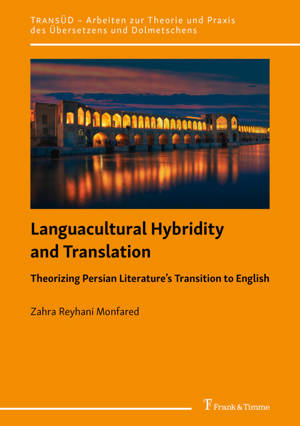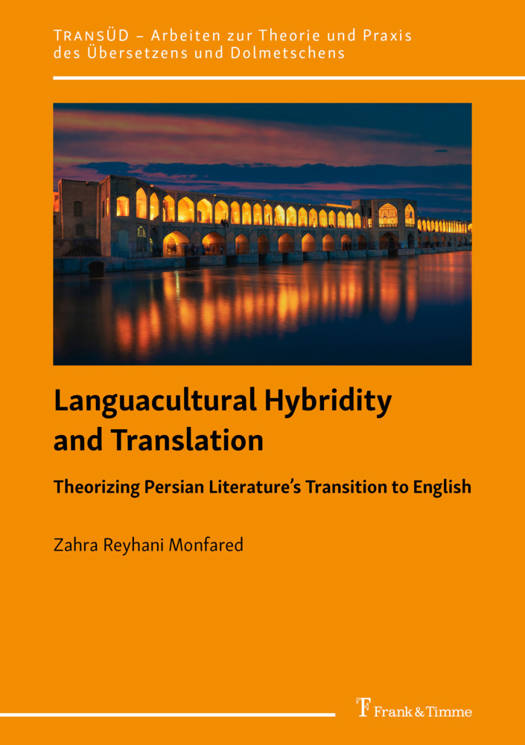
- Afhalen na 1 uur in een winkel met voorraad
- Gratis thuislevering in België vanaf € 30
- Ruim aanbod met 7 miljoen producten
- Afhalen na 1 uur in een winkel met voorraad
- Gratis thuislevering in België vanaf € 30
- Ruim aanbod met 7 miljoen producten
Zoeken
Languacultural Hybridity and Translation: Theorizing Persian Literature's Transition to English
Zahra Reyhani Monfared
Paperback | Engels, Duits | TransÜD. Arbeiten zur Theorie und Praxis des Übersetzens und Dolmetschens, | nr. 147
€ 49,45
+ 98 punten
Omschrijving
In an increasingly globalised world, the cultures of Orient and Occident are no longer firmly separated. This hybridity is also a part of literature-a concept which needs to be explored in Translation Studies. This study examines its evolution across language, culture, literature, and translation. It introduces a sociolinguistic approach for studying marginalized hybrid texts and their translations into English, focusing on the power dynamics that dichotomize the world into First/Third worlds. The author examines how sociological factors in central societies affect the acceptance and recognition of marginalized literary works within Western literary circles and world literature. The study analyses classical and modern Persian literature. It highlights the double-voicedness in these texts. By illustrating how hybrid elements from Rúmí's mystical poems and Hidáyat's surrealistic prose are recreated in their English translations, it elevates the analysis of hybrid elements to a languacultural level.
Specificaties
Betrokkenen
- Auteur(s):
- Uitgeverij:
Inhoud
- Aantal bladzijden:
- 248
- Taal:
- Engels, Duits
- Reeks:
- Reeksnummer:
- nr. 147
Eigenschappen
- Productcode (EAN):
- 9783732910946
- Uitvoering:
- Paperback
- Afmetingen:
- 148 mm x 14 mm
- Gewicht:
- 365 g

Alleen bij Standaard Boekhandel
+ 98 punten op je klantenkaart van Standaard Boekhandel
Beoordelingen
We publiceren alleen reviews die voldoen aan de voorwaarden voor reviews. Bekijk onze voorwaarden voor reviews.











